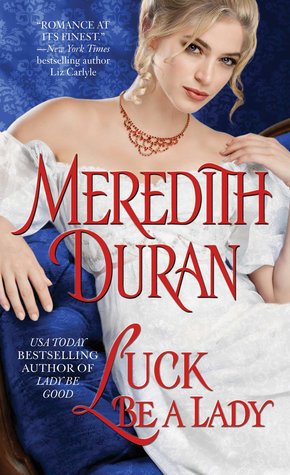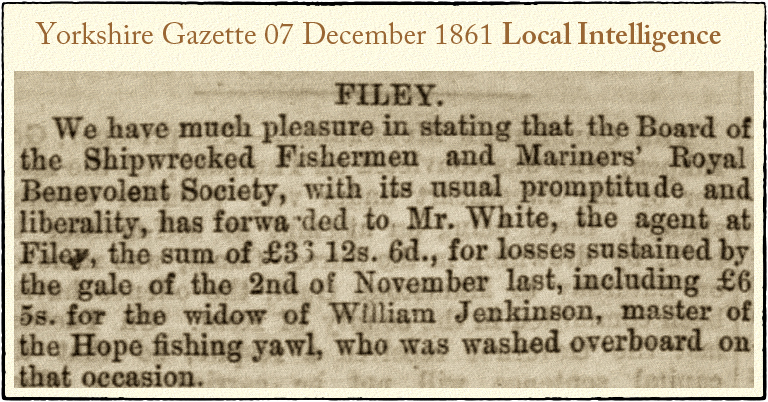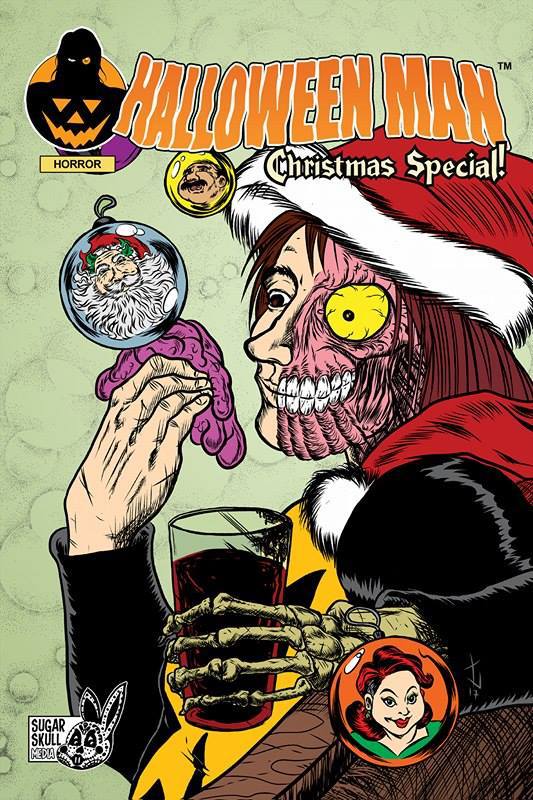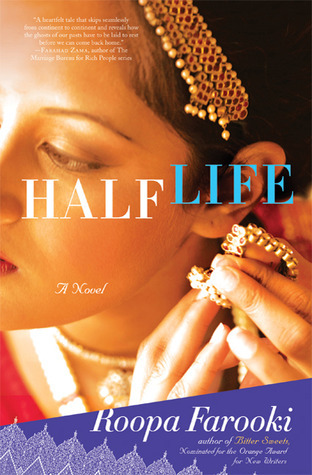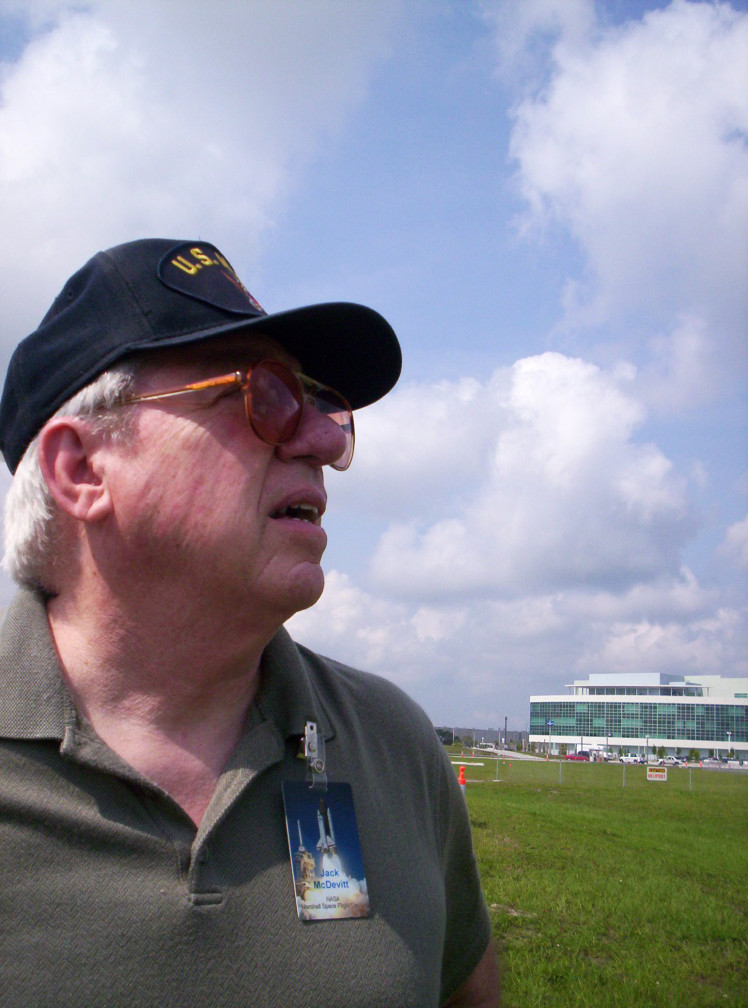
This series of author interviews has allowed me to speak with some incredible people and I’m very grateful to everyone who has participated. This interview is with author Jack McDevitt, who has been a writing inspiration to me since I read his novel Polaris. His Academy series and Alex Benedict novels are original and consistently optimistic in their view of humanity’s future. I’m very happy I had this opportunity to speak with him and bring this interview to you. I recommend everyone get their hands on his novels and give them a try.
Jack McDevitt has been described by Stephen King as “the logical heir to Isaac Asimov and Arthur C. Clarke.” He is the author of twenty-two novels, eleven of which have been Nebula finalists, and more than eighty short stories. Seeker won the Nebula for best novel in 2007. In 2003, Omega received the John W. Campbell Memorial Award for best science fiction novel. He won the Georgia Writers’ Association Lifetime Achievement Award in 2013. His first novel, The Hercules Text, won a special Philip K. Dick Award in 1986. He has received various other honors. Most recently, the International Astronomical Union named an asteroid for him.
A best-of collection of his stories is available in Cryptic, published by Subterranean Press.
McDevitt’s most recent books are Coming Home, an Alex Benedict novel, and Thunderbird, both from Ace. Alex and his partner Chase Kolpath are antiquity dealers living in the far future. They specialize in solving historical mysteries. Another popular character has been Priscilla Hutchins, a starship captain during the tempestuous early years of interstellar flight. She is usually caught up with unexpected discoveries.
A Philadelphia native, McDevitt had a varied career before becoming a writer. He’s been a naval officer, an English teacher, a customs officer, and a taxi driver. He has also conducted leadership and management seminars for the U.S. Customs Service. He is married to the former Maureen McAdams, and resides in Brunswick, Georgia, where he keeps a weather eye on hurricanes.
You have an impressive bibliography that includes the popular Alex Benedict/ Chase Kolpath novels and the successful Academy series, both of which are a hit with readers. Can you tell us a little bit about what makes each series appeal to your audience?
I’d have to ask readers about that to be reasonably sure of the answer. I suspect though that it has something to do with the fact that both series deal with discovery, rather than confronting bad guys in starships. For example, Priscilla Hutchins, in Deepsix, is on the scene when artificial structures are discovered on a world that is about to be sucked into a gas giant. (The approaching collision is the reason scientists are there.) She joins a landing team with only a few days to investigate. But unfortunately the changing gravity causes an earthquake which destroys the landers and leaves everyone stranded. Worse, there’s no one close enough to help.
In the Alex Benedict novels, he and Chase live in the distant future. Alex is an antiquarian who solves historical mysteries, like what really happened on board the Polaris, a starship found adrift with everyone missing. There were no aliens anywhere in the area, and no place where the crew and passengers could have gone (Polaris). Or why the mission report of the Tenandrome, on its return from an interstellar flight, was immediately classified, and the crew directed to speak with no one (A Talent for War).
A recurring theme in your Alex Benedict series is the future archeology that each novel is built around. It’s a fascinating theme that draws readers into the wonderful worlds you have created. Does this come from a personal interest in history and historical artifacts?
It does. I got drawn into the world of the classical Greeks when I was still in early grade school. I’m not sure where it came from. It might have been the Trojan Horse. Or Achilles and Hector. In any case I enjoyed the stories of Greek heroes and gods and I became increasingly intrigued by a civilization that was so advanced. I can remember wondering what the modern world would look like if Greek culture had survived the ancient world intact. Eventually it led to an interest in archaeology,
Many of the authors reading this interview work full time in addition to writing. Your biography reveals an extensive list of jobs, from joining the Navy, to driving a cab to a host of other positions. What advice can you give those writers who are burning the candle at both ends?
The job that pays the rent while one is trying to break through into a professional writing career should probably not involve an emotional drain. For example, I suspect being a teacher doesn’t help. Nor being a physician. Better to be employed as a supermarket cashier or a mechanic or a taxi driver. If we want to put a reasonable level of emotion into our fiction, we have to carry some passion with us when we sit down to start writing. If you’ve spent the day in a classroom with energetic students, you probably won’t have mush left at sunset.
Priscilla Hutchins and Chase Kolpath are both strong women and fully realized characters who function as the narrators within their respective series. That’s more common in science fiction today than it was when you first started both series. Indeed, Chase was not the narrator in the first Alex Benedict novel, A Talent for War. Can you discuss the process that led you to choose those particular characters to give readers their point of view?
My career as a novelist was just getting started when I received an assignment to conduct leadership seminars for the Customs Service. One of the exercises we developed was to introduce a virtual problem and assign five-person teams to confront it. It usually required life-and-death decisions. For example, a group are traveling across Arizona in a plane when everything shuts down and the plane crash-lands. Nobody hurt, but there wasn’t time to get a message out and the radio is dead. The question: How to survive? It’s mid-July, around 10:00 a.m., hot and getting hotter. Do we stay with the plane? Or head out and hope to find a town? Basically we were looking for communication skills. Talk it out and get to a rational decision. We had a wide range of similar exercises. The teams were sometimes composed of inspectors, other times of agents, of administrators, and so on. It didn’t matter. They all lived and died at about the same rates. With one exception: there was only one area where composition of the group seemed to make a difference: gender.
There were three groupings, naturally: All male, all female, and mixed. Most people seem to be surprised to hear that the teams that most often survived were the women. And that usually prompts people, when they are asked who they think died most often, to come up with the wrong answer again. It wasn’t the guys. It was the mixed groups, which rarely made it home alive. Why? When males and females were together, they behaved differently. The guys became more aggressive when women were present. They took chances they would probably have avoided had the women not been there, And the females became more submissive, less inclined to argue for their views, more inclined to accept the risks their compatriots were advising,
Women also seemed to be better at listening to one another. The result of all this led me to conclude that, when I fly, I prefer a female pilot if I can find one.
Your list of works includes dozens of short stories. What attracts you to the shortened written form?
The short story is the natural format for SF. Science fiction is about discovery and impact, which are most effective in the short form. Ask any group of SF readers to name, say, their five favorite pieces of science fiction and the vast majority will come up with titles like “The Star,” “The Green Hills of Earth,” “The Golden Apples of the Sun,” “Nightfall,” and “The Cold Equations.” All are short stories. We need a little imagination to come up with a novel that can join this crowd..
You have had great success writing in the science fiction genre. What do you enjoy about it? Have you ever written or thought about writing in another genre?
What do I enjoy about it? I can go places no one’s ever visited before. When I was five years old. my father took me to see movies at a local theater, and they were running a Flash Gordon serial. I was disappointed because all Flash and his friends did was get into fights with Ming. These people had a spaceship. Why don’t they put this nutcase away and let’s go see what else is out there? I’ve never thought seriously about writing in another genre because I just don’t care, e.g., who murdered the millionaire, or how the legal case would play out. No, ma’am. Take me to Mars. That changed in the 1960’s when I found out there was nothing of much interest there. So I headed for Alpha Centauri.
A common theme in your work is contact with alien races, whether it is the Mutes in the Alex Benedict series or the Monument Makers and Moonriders in the Academy series. What are your thoughts on our current efforts to look for extra-terrestrial life, such as the SETI program or the Breakthrough Listen initiative?
We’re obviously doing what we can. Are there other civilizations? It’s by far the most intriguing scientific question confronting us. And we have no idea whether intelligent life is relatively common throughout the universe or, the more riveting possibility, we are alone. If there are others out there, I’d like to live long enough to get confirmation. But that occurrence, which seemed likely back in 1960 when Frank Drake and SETI were just getting started, now looks as if it will remain a mystery, possibly, for centuries.
In my stories I sometimes find myself struggling with hard science getting in the way of the story. It can be difficult to match the science with the fiction successfully. Can you describe your writing process with regard to making that balance work?
There’s only one way to do it: Go back, if necessary, and reset the story line to keep the science correct. Fiction only succeeds if the reader feels he’s there on the bridge of the starship, or on the beach at night watching that ringed world rise in the east. Nothing takes the reader out of the experience and puts her back in her living room more quickly than getting the science wrong. That’s even worse than bad spelling or blown grammar.
Are you writing anything now and if so, can you tell us a little about it?
I’ve just finished The Long Sunset, another Academy novel. There’s a lot of resistance to star travel in Priscilla Hutchins’ 23rd-century world. You never know what might come back with you. Hostile aliens. Lethal diseases. We should stay home and keep our heads down. Priscilla is on board for the last mission, which barely gets out of the space station. They encounter a friendly species on an ocean world where the civilization is spread across a few dozen islands. Their technology ends with phones and boats. They welcome the visitors. But unfortunately there’s a black hole approaching, with a projected arrival in a few decades. They don’t know about it, but the humans do. And the humans are also aware that the last thing anyone wants back home is more talk about reviving their interstellar capability.
Do you maintain an online presence and if so, where can readers find you?
My website is at www.jackmcdevitt.com. There’a also a fan page at www.facebook.com/jackmcdevittbooks/ —
Thanks for the opportunity to do this.
Share this:

